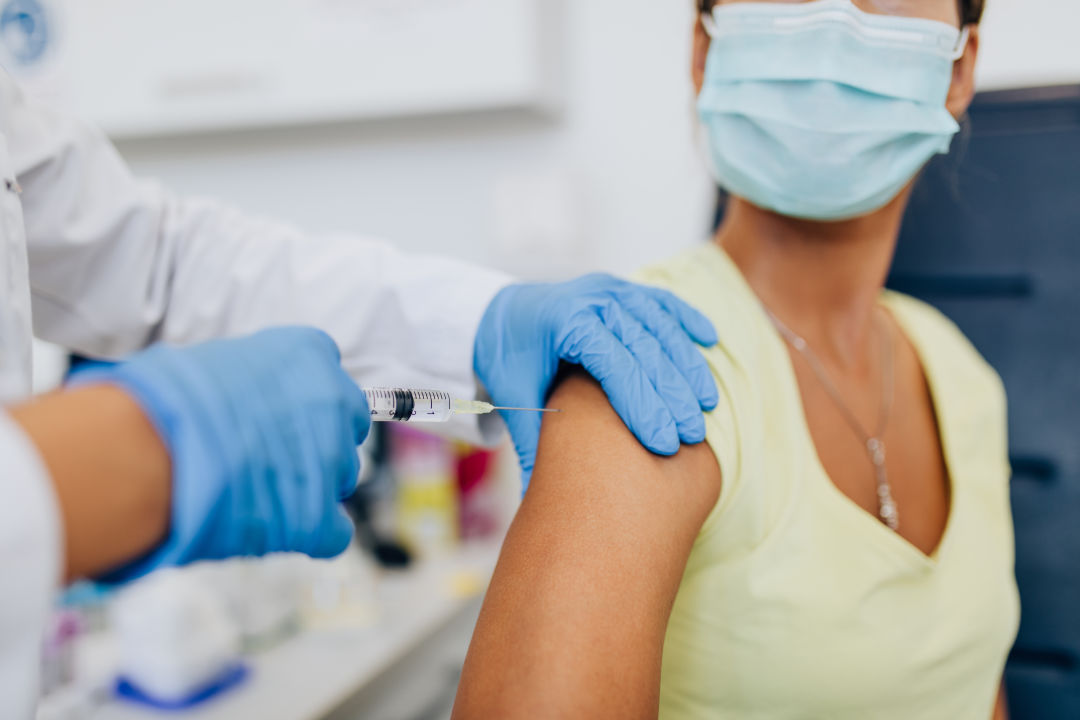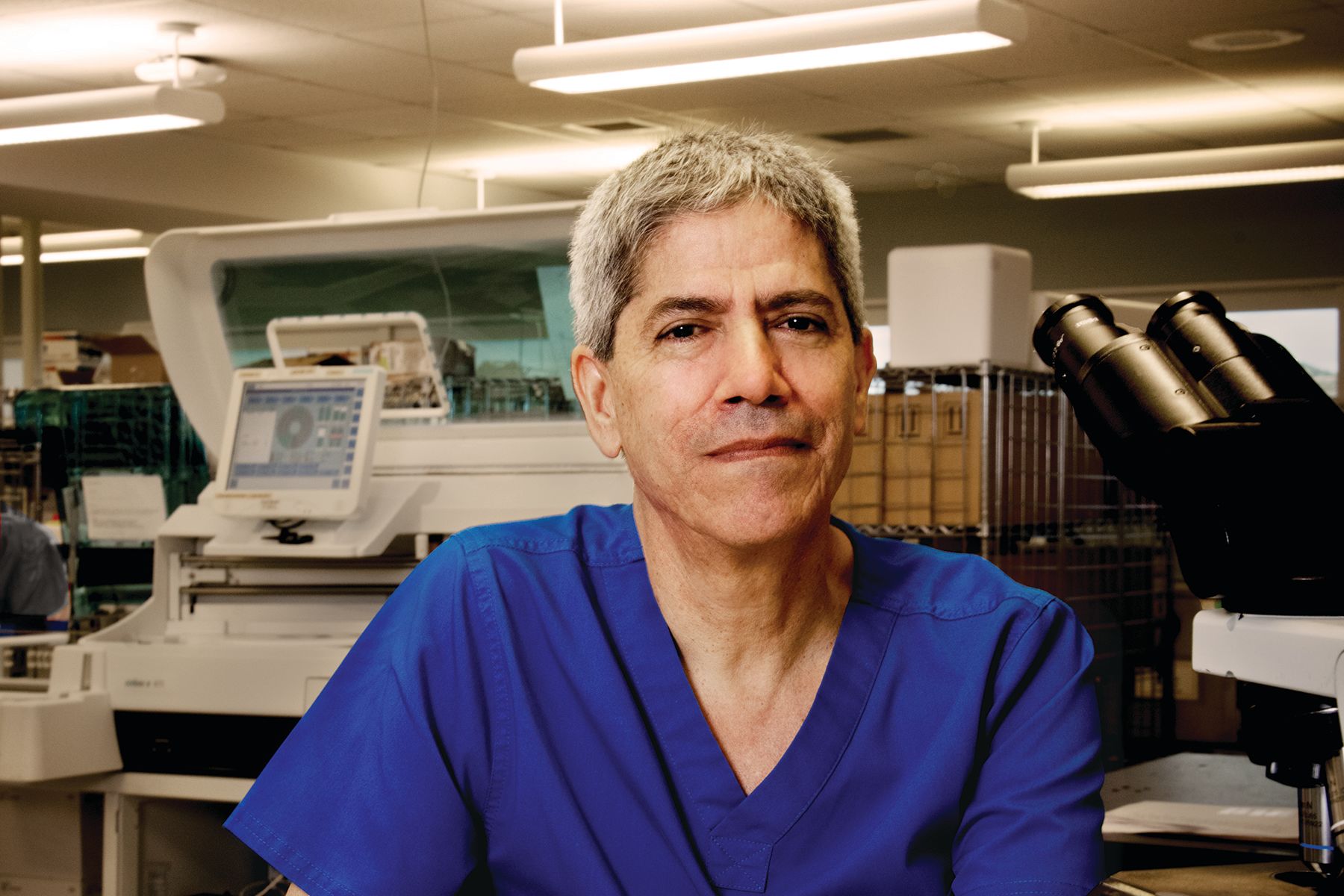How Long Do You Have to Wait to Get Vaccinated After Having Covid?

Image: hedgehog94/Shutterstock.com
If you've had Covid-19, you've probably wondered: How long should you wait until you get vaccinated?
There is a time frame in which your natural immunity has built up from the virus, but that immunity seems to only last for about three to six months. Vaccination is the next step to receive the best protection against hospitalization and death from Covid-19.
"You should wait about a month after recovering from the virus to get vaccinated," says Morgan McSweeney, a scientist studying immunology in southwest Florida. "Once you've recovered and you are out of the quarantine period, your immunity is at the same efficiency as if you've received the first dose of immunization."
Just like people waiting 28 days between the first and second dose of the mRNA vaccines made by Pfizer and Moderna, McSweeney says health professionals are advising patients to wait about the same time between having Covid and getting the first dose. This way, your body can build up natural antibodies against the virus, and have the added protection of the vaccine when administered.
Then, 28 days after the first vaccine, people can return for their second immunization. Or, if they've received the Johnson & Johnson vaccine, they only need one dose.
"You can certainly wait longer than 28 days to get vaccinated after having Covid—that is fine. It's still going to give you a strong booster effect," says McSweeney. "But I wouldn't get it sooner than three weeks."
But what does it mean to be "fully recovered" from Covid-19?
There are some people who experience symptoms months after infection, such as reduced respiratory health, a loss of taste and smell and lingering fatigue. It's OK to be experiencing long-haul symptoms when getting vaccinated, and may even help those with what is called "Long Covid," according to an article from Yale Medicine. Prior to vaccination, ensure you've recovered from the infection itself—i.e. no fever, muscle aches, gastrointestinal issues or other flu-like symptoms.
If you were hospitalized or treated for Covid-19, you may have received convalescent plasma or monoclonal antibody treatment. The time frame in which to get vaccinated is a bit longer for those patients; wait 90 days after recovering from the virus to receive the vaccine. McSweeney says this is because your body has built immunity through the use of the treatment, and the antibodies may last longer than those naturally developed by your body.
According to the Food and Drug Administration, "monoclonal antibodies are proteins made in a lab that mimic your body's immune response." Dr. Kristen Englund at the Cleveland Clinic writes that "some people might not need to be hospitalized for Covid-19, but might receive these antibodies from their doctor as an infusion treatment to help fight the virus."
Antibody treatment, however, is not a replacement for the vaccine. Once immunity wears off, whether from natural infection or antibody treatment, your protection against contracting Covid-19 is significantly lowered.
While the Centers for Disease Control and Prevention says it remains unknown how long protection lasts for those who are vaccinated, its website states, "If you get Covid-19, you also risk giving it to loved ones who may get very sick. Getting a Covid-19 vaccine is a safer choice."



